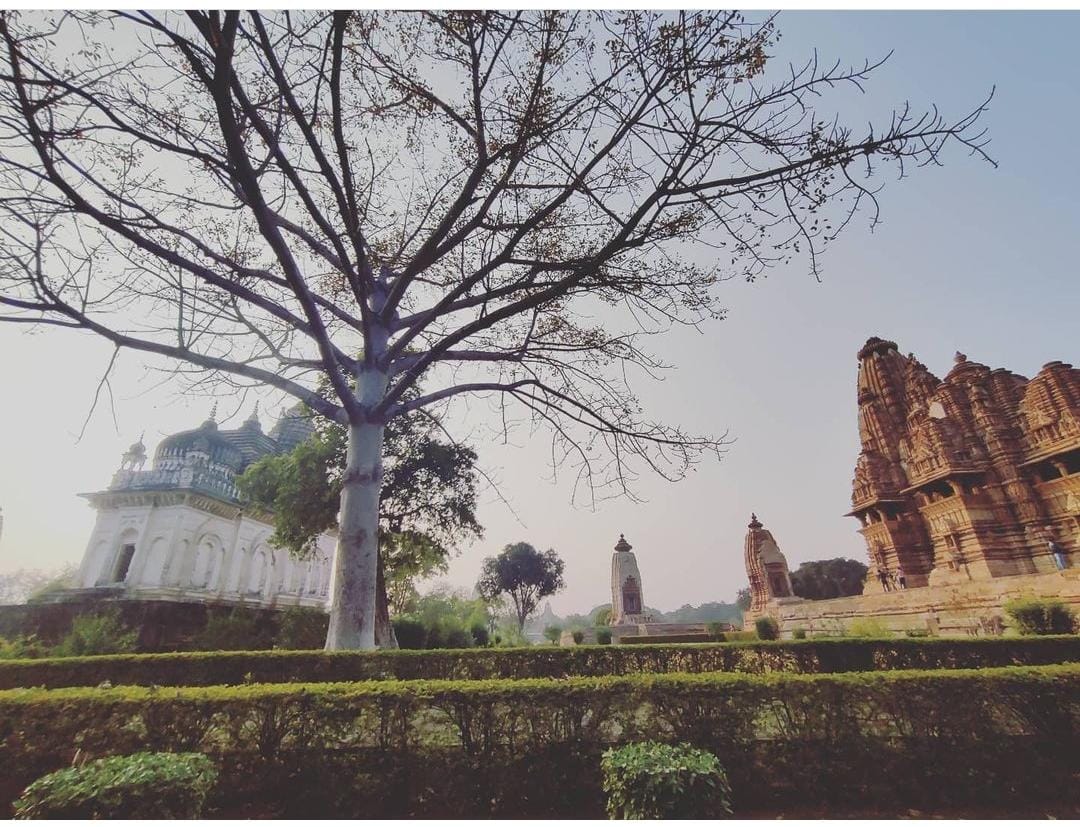Forever Displaced: Religion, Nationalism and Problematized Belonging of Biharis in Ruby Zaman’s Invisible Lines
Main Article Content
Abstract
Nationalism and religion have always been at the centre of political contestation in Southeast Asia. In fact, religion was the determinative factor in the 1947 Partition of the Indian subcontinent, where India was for the Hindus and East and West Pakistan for the Muslims. The emergence of a national identity based on religion let loose unanticipated violence and bloodshed, which led to massive migration as religious minorities—Muslims from India, and Hindus from both sides of Pakistan—crossed borders to be with co-religionists. However, the Urdu-speaking Muslims known as “Biharis,” who migrated to East Pakistan from India during and after the 1947 partition, faced a perilous situation in the wake of the Liberation War of Bangladesh. The rise of the Bengali nationalistic movement and the war resulted in the formation of a new nation-state, but it left the Biharis without a nation or national identity. This paper, highlighting the plight of the half-Bihari protagonist in Ruby Zaman’s Invisible Lines (2011), brings to the surface the ambivalent existence of the Biharis. Applying the theoretical framework of Benedict Anderson, Partha Chatterjee, and Ashis Nandy, the paper further demonstrates how the convoluted ties between religion, nationalism, and national identity problematize the inclusion of the Biharis, thereby displacing them forever, first from their homeland and then from Bangladesh. Even after they were granted citizenship in Bangladesh in 2008, the precarity of their national identity and belongingness still pervades as the country continues to eye them with suspicion and contempt for varied reasons.
Keywords: Bangladesh Liberation War, Bihari integration, Nationalism, National identity, Partition, Pluralistic nationalism
Downloads
Article Details

This work is licensed under a Creative Commons Attribution 4.0 International License.
Copyrights of all materials published in SARE are retained by the authors. Authors may republish their work or grant others permission to republish it. We would be grateful if republication is accompanied by an acknowledgment that the work was originally published in SARE.
